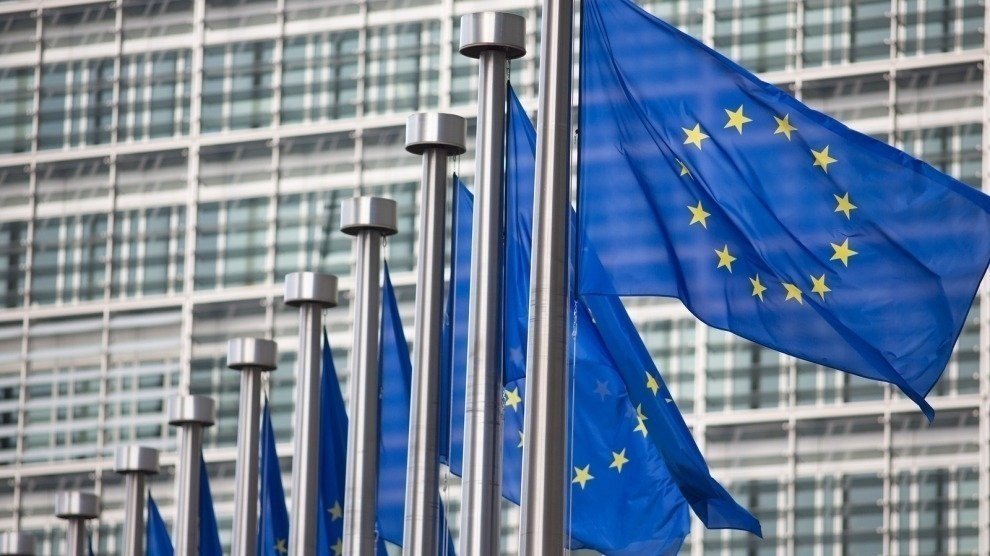Negotiations with countries over the European Union's Digital Services Act could be concluded by the end of June, it is believed, talks that can bring in a new law forcing Apple and tech giants to manage their behavior in a number of areas.
Since its introduction by the European Commission in December 2020, the Digital Services Act has been discussed by European lawmakers as a way to coerce tech multinationals into policing their platforms. If companies fail to do so, they could be fined as much as 6% of their global turnover.
Specifically, the Digital Services Act takes aim at illegal and harmful content, with platform holders required to take such items down in a prompt manner. This includes online marketplaces, social networks, content-sharing platforms, digital storefronts like the App Store, and other online services.
To bring the proposal into law, it has to reach a deal with EU member countries, which can be a long process. However, Reuters reports that it could happen within a relatively short timeframe.
EU lawmaker Christel Schaldemose, who is steering negotiations, said on Monday "I am optimistic we can make a deal before the end of June."
In terms of the negotiations themselves, Schaldemose said lawmakers are keen to increase how much platform-owners have to accomplish in blocking content, including the banning of so-called dark patterns, and to keep regulating companies based on where they are registered.
On the dark patterns, she adds "We go into the business models of platforms. The Council is not so willing to go that far," indicating there's a difference of opinion to be worked on. "The Council wants the ban only for online marketplaces. Parliament wants a ban on all platforms."
Lawmakers are also keen to ban targeted advertising for minors, as well as for advertising using sensitive data including sexual orientation or political beliefs.
The Digital Services Act was introduced at the same time as the Digital Markets Act, which aims to increase competition. The measures include forcing Apple and Google to allow users to uninstall preinstalled apps on devices, eliminating self-preferencing in search results, and more transparency over advertising metrics.
The progress of both the DSA and DMA slowed in late 2021, prompted by parliamentary squabbles over what services are affected, and how much by. Currently the DMA lags behind the DSA in the process.
 Malcolm Owen
Malcolm Owen




-xl-m.jpg)


-m.jpg)







 William Gallagher
William Gallagher
 Mike Wuerthele
Mike Wuerthele


 Thomas Sibilly
Thomas Sibilly
 Wesley Hilliard
Wesley Hilliard
 Marko Zivkovic
Marko Zivkovic








15 Comments
I’m a huge Apple fan, I’ve been using nothing else since I grew up and would never trade my MacBook Pro for a Windows machine, or my iPhone for an android device. But on some level I am wondering if the companies should become that large and insanely rich?
Regulation tends to benefit the big players, those that can afford to pay for a chief compliance officer and staff.
Regulation makes the price of entry into a market higher.
Those that are already there become stronger.
They want tech companies to police themselves. That hasn’t worked out very well so far. They want to ban illegal and harmful content. Who gets to determine that? Tech companies? They want to ban political advertising. But how do you define that? On some level everything is political.
This contemptible and loathsome act should never see the light if day.